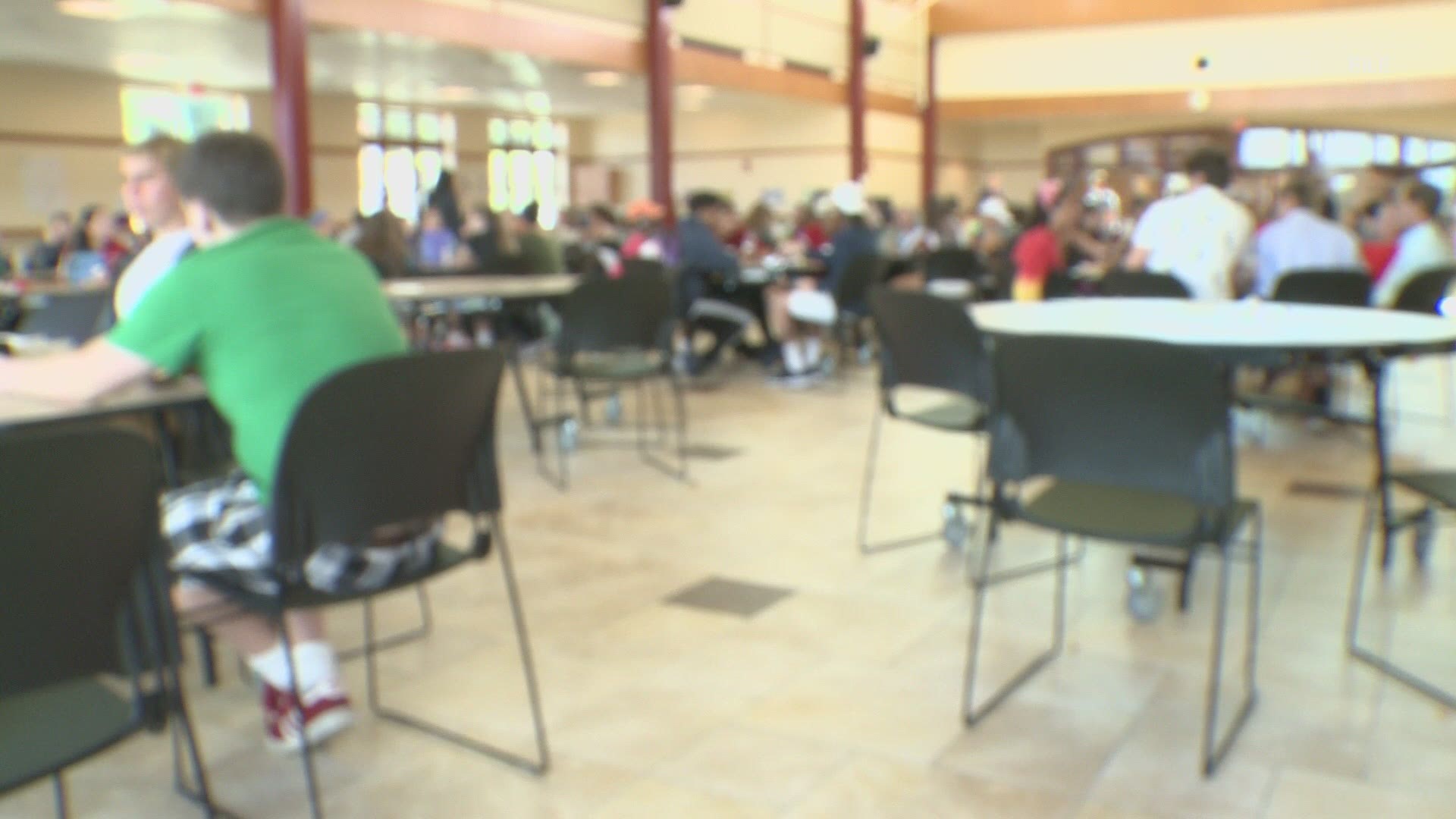MAINE, USA — A controversial case surrounding school choice and religion will soon be heading to the U.S. Supreme Court.
It was announced Friday that the highest court in the country will hear the case Carson v Makin, which looks to change a rule that does not allow families living in towns without a public school system, to receive tuition assistance to send their children to religious schools.
The Department of Education rule only allows that student-aid to go towards families looking to attend public or private schools, which are not religion-based.
"Maine allows you to choose all of those other things. The stem curriculum, the language immersion, the arts curriculum. But for some reason, it singles out religion and only religion. It has no basis for doing so. And it's denial of that choice for parents who think that that is the best fit for their kids," said Michael Bindas, a senior attorney with Institute for Justice, which is representing the families in this case.
Bindas and the Institute for Justice are representing multiple families which looked to send their children to Christian schools in Bangor and Waterville and live in towns without a public high school.
"It's nice to have that small community for your kids to grow up in. But it's also nice to have, for us, to have that religious background. She has chapel every Thursday and bible every morning," said Amy Carson of Glenburn.
According to Bindas, the 1st U.S. Circuit Court of Appeals upheld the religious exclusion in Maine's tuition assistance program in 2020.
Maine Attorney General Aaron Frey responded the case heading to the U.S. Supreme Court writing in a state:
“Today, the United States Supreme Court announced that it will consider whether it is constitutional for Maine to refuse to allow religious schools to receive taxpayer funds for the education of our state’s children. Because the Supreme Court has recognized that states may stop public funds from being used for religious purposes, our public education system fully comports with the United States Constitution, and we will vigorously defend it, as we have repeatedly, and successfully, done in the past. All children in our state, regardless of where they live, are entitled to a free public education. Some children live in districts that do not operate a secondary school. Those districts can satisfy their obligation to provide a public education by paying for the children’s tuition at a public or approved private school. Religious schools are excluded because the education they provide is not equivalent to a public education. Religious schools can and do advance their own religion to the exclusion of all others, discriminate in both the teachers they employ and the students they admit, and teach religious views inimical to what is taught in public schools. Parents are free to send their children to such schools if they choose, but not with public dollars. I am confident that the Supreme Court will recognize that nothing in the Constitution requires Maine to include religious schools in its public education system.”
There is no set date for when these arguments before the U.S. Supreme Court will begin, however, Bindas expects that to happen sometime in the early winter.

